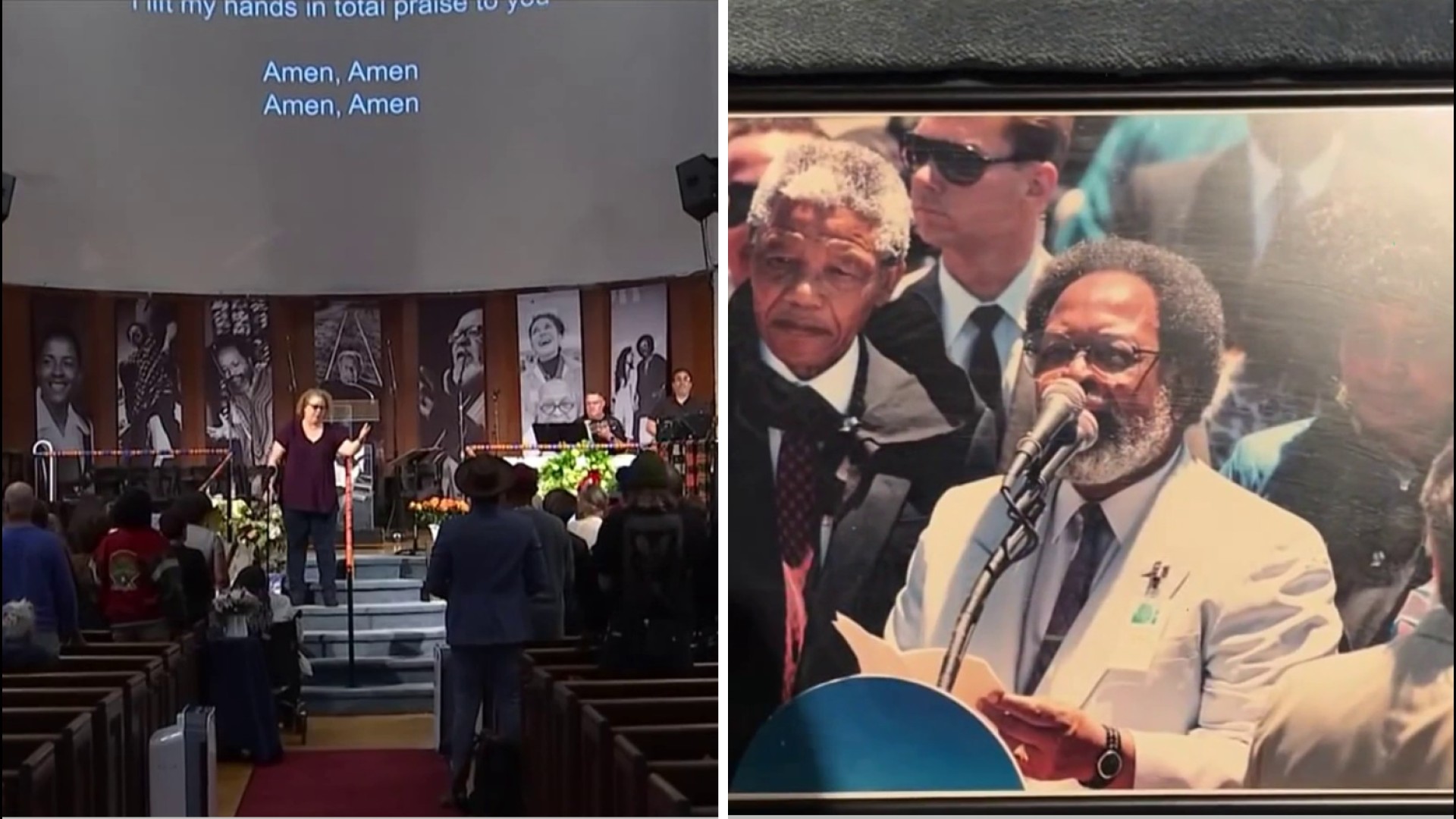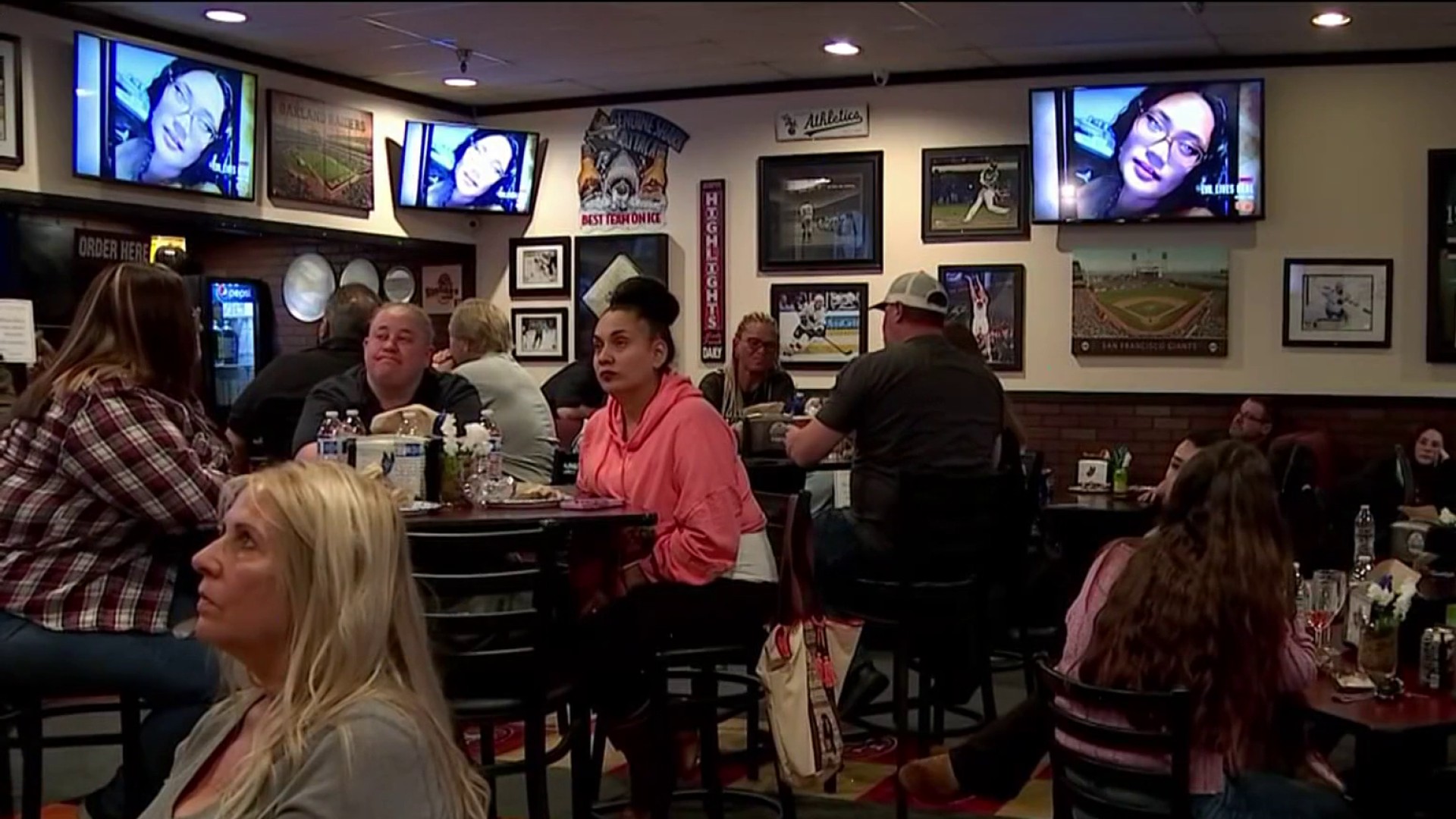Sick of the gas tax?
What about a tax on every mile you drive?
A new bill going through Sacramento would tax drivers for every mile they are on the road.
The state gasoline tax of 52.9 cents per gallon could be replaced with a "miles driven fee" of $0.05 cents or so per mile driven, under state legislation proposed by a Bay Area lawmaker.
State transit officials note that there's not nearly enough money available to fix the many bridges and roads in California that are in desperate need of repair.
A federal highway fund, based on taxes on fuel, is expected to run dry this summer.
Local
“We've got to figure out how to pay for infrastructure,” state Sen. Mark DeSaulnier (D-Concord) said. “One philosophy is, if you use it, you should pay for it.”
Under SB 1077, introduced by DeSaulnier, a still-to-be-determined California city would begin taxing motorists in January 2016. The longer your commute, the more you would pay.
That may yet be a tough sell, but a $0.05 per mile fee could raise over $100 billion for roads in some parts of the state, the San Gabriel Valley Tribune reported.
DeSaulnier, who chairs the Senate Transportation Committee, says with more and more people driving fuel-efficient cars, gas tax dollars just aren't coming in like they used to.
It seems, what's good for the environment is not so good for the upkeep of our roads.
“You still have to pay for infrastructure,” DeSaulnier said. “The car isn't worth much if you're stuck in traffic.”
The mileage tax approach is already being tested out in Washington and Oregon, and if California lawmakers sign on, a "pilot program designed ... to replace the state’s existing fuel excise tax" could be in place by 2016.
Fernando Valdez drives 200 miles a day to get to his landscaping jobs all over the Bay Area.
“I think it would kill me. Too many miles,” Valdez said.
“I think they're probably going to make more people move and leave the state," motorist David Jones said.
While state transportation agencies are in favor of the tax, the Association of California Car Clubs opposes it, saying the tax is actually a fee that "can be raised anytime with a majority vote in the legislature and not with a 2/3’s vote as with a tax."
The bill would require state transportation officials to report their findings from the pilot program by mid-2017. From there, the state legislature would have to approve a separate bill before the mileage tax would be applied statewide.



